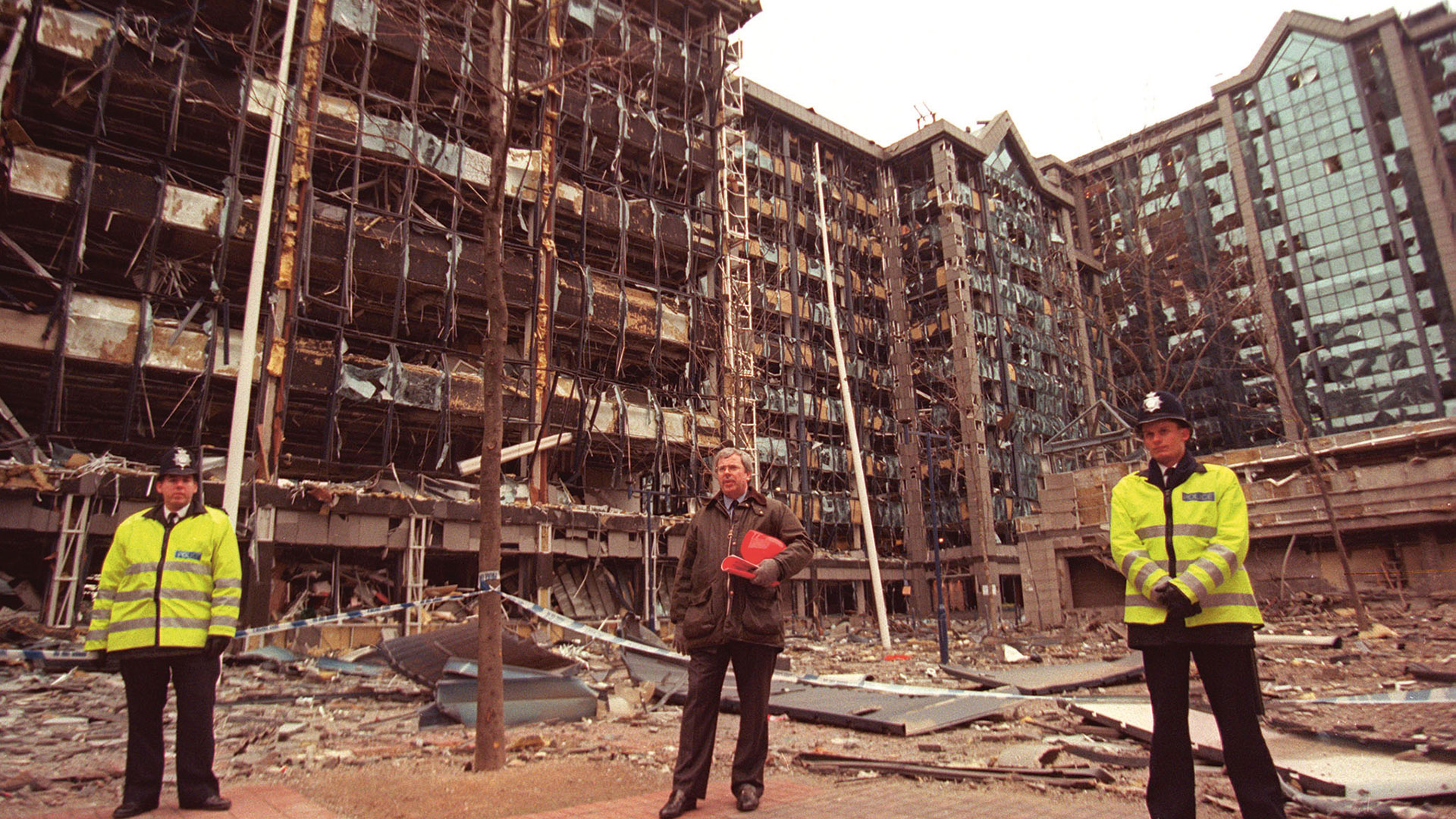There’s a notable case in Swindon, again from 2014, where the Lands Chamber was asked to rule on a case involving the Qdime Group. The debate revolved around a block of flats from the Eighties. The leases reflected the era they were built. They didn’t require insurance against terrorism. Yet what they did require was insurance against an explosion.
Thereby, the judges deduced that if a terrorist attack were to take place, then an explosion would probably figure somehow. This meant that terrorism insurance should be taken. “That had far-reaching effects because most leases require cover in accordance with CML (Council of Mortgage Lenders) recommendations,” says Alan Vine, technical manager at Deacon, a company that specialises in providing building insurance. And that includes explosion.
“Leasehold flats are deemed by insurers to be commercial property,” continues Vine. “Insurers, brokers and managing agents must all take the law and leases of flats as we find them. Individual freehold house owners would normally need to pay extra for this cover as well but are not obligated by a lease.”
Certainly the language used by private insurers is frightening.Vine says, “While the likelihood of a terrorist incident is statistically low, the impact would be very high. Losses could be massive and being uninsured is too big a risk. We hear of ‘bomb factories’ in flats all too often. No doubt their target is not the block itself, but often the very amateurism of many of these people puts residents at risk. Then there is the danger of a so called ‘dirty bomb’ and the subsequent damage it could cause.”
Frightening… but extreme?
“The policy definition of terrorism is broad and not restricted to the obvious. For example, it can include the activities of animal right extremists. Could a research scientist or a politician living in the block be an unwitting target for attack?”
Mike Hallam, head of technical service at the British Insurance Brokers Association, says that the spate of terror attacks in Britain in 2017 can explain why such insurance is increasingly being added to the policies of homeowners with centrally managed properties. When we received our charge, we rang around – most of our friends in flats like ours had been charged similar sums for similar services. The fees increased the closer properties got the heart of London.
“Terrorism rating is defined by postcode,” says Hallam. “Landmarks may be one aspect that goes into rating but certainly not the only one – cities, well-populated areas and generally high-profile locations influence the rating also.”
He goes on to explain that policies are determined using a variety of factors, “for example security that is in place, whether the property is unoccupied, construction etc…” It’s worth noting that none of our friends that didn’t live in managed property had taken out a policy. They hadn’t ever thought they needed it. Many would argue that’s worth a rethink.
Pool Re was established in 1993 in the wake of the previous year’s Baltic Exchange bombing. The cost of the IRA’s mainland bombing in the Nineties led to reinsurers withdrawing cover for terrorism-related damage. Insurers followed suit. The company was founded by the insurance industry in cooperation with the Treasury, “to form a private sector solution to a public policy objective”.
Pool Re currently underwrite £2 trillion of exposure in commercial property to terrorism risk across the UK mainland. The current terror threat in the UK remains at SEVERE and is expected to remain at this level for at least two years, with police and MI5 have preventing at least one significant terrorist plot every month since March 2017.
But is terrorism insurance a measure that will safeguard us in any meaningful way? And is it limited to major cities like London? If you have been charged this cost, or have decided to take out your own policy, tell us about it: editorial@bigissue.com
Image: Getty









